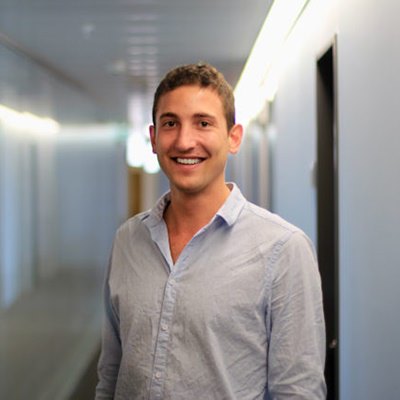The practice-integrated Bachelor's degree programme in Computer Science offers both a degree programme at the University of Applied Sciences with a Bachelor's degree and a degree with four years of practical experience. A note in advance: The degree programme is aimed at high school graduates who, with this study model, do not need any work experience (usually in the form of a one-year internship) at the beginning in order to study at a university of applied sciences. It is an education that is also remunerated with a training salary. Prospective students must be aware of this.
I started this programme in 2015 at Swisscom and the Swiss Distance-Learning University of Applied Sciences (FFHS) and I am delighted with it. Precisely because I am not a pure theorist. Precisely because the practical benefits of what I learn at the UAS are so important to me. I want to know how the things I learnt can be put into practice, what can be implemented and what is simply not realistic. I want to separate two aspects here: The pure practical transfer, i.e. how I link theory and practice, and the entrepreneurial aspect, i.e. what you only learn to a limited extent or not at all in theory, but is part of everyday life in the professional environment.

